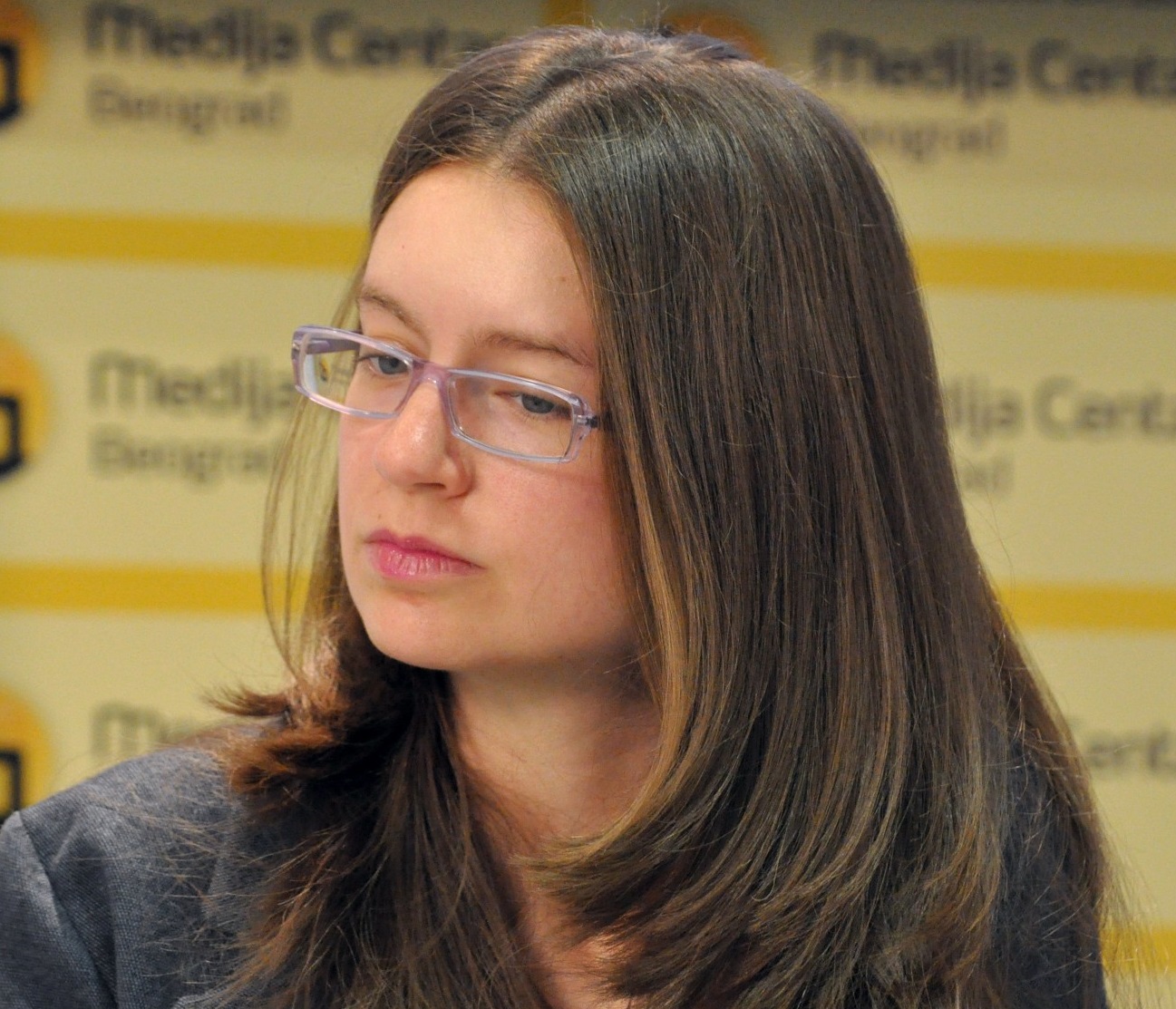Building integrity in defence is a broad social effort
by Katarina Đokić, Belgrade Centre for Security Policy
Corruption in defence sounds like a highly technical topic. It gathers a relatively narrow community of experts who deal with it mostly through focusing on capacity building or advocacy towards ministries of defence. However, it ultimately affects the whole of society and can be only tackled as a broad social effort.
There are several reasons why corruption in defence has far reaching effects on the society. First, corruption costs dearly. Transparency International has estimated that at least 20 billion US dollars is annually wasted through corruption in defence sector worldwide.
Second, corruption undermines capabilities. Abuse and misspending may leave personnel dependent on faulty equipment. Providing sufficient training could also be an issue: if money is is misspent, air forces may lack fuel necessary to enable pilots to clock flight hours. Nepotism in promotion and appointment could not only put wrong people in wrong places, but also undermine personnel morale in the long term and negatively affect staff retention. In times of peace, these issues may not be easy to discern, but no one wants their military in a mess if the country is under any kind of security threats and risks. Moreover, militaries worldwide are engaged in numbers of tasks pertaining to civilian domain, be it disaster response, distribution of humanitarian aid and reconstruction of infrastructure, or intelligence sharing with civilian authorities and participation in counterterrorism.
Finally, there is the darkest side of defence corruption: abuse of power to directly or indirectly harm civilians. This could be individual abuse of weapons to harass and assault civilians, who as tax payers may have financed purchase of those weapons in the first place. However, this could also be systematic abuse of military capabilities, including military intelligence, for surveillance, intimidation and even violence against citizens.
Tackling corruption in defence is particularly difficult for two reasons. The first is shared with other security actors: secrecy. It is justified with national security requirements, but in practice often misused to protect corrupt individuals. The second is the fact that defence sectors often act as state within state. Even when constitutional arrangements put armed forces under (external) civilian oversight, it is easy for them to slip out. For instance, Serbian Ministry of Defence has effectively forbidden the Ministry of Health from conducting inspection of military medical facilities and only Defence Inspectorate is allowed to do this, even though it is unclear if this body employs any staff with degrees in medical subjects.
If ministries of defence eschew any external civilian oversight due to secrecy and state-within-state modus operandi, then building integrity in defence (i.e. making defence resilient to abuse) can only be initiated by them. This approach has been widely internalised in the community dedicated to this topic. Capacity building trainings, toolkits, public advocacy and even Transparency International’s index strongly aim at ministries of defence. The risk of such approach is that it crucially depends on MoD leaders to champion integrity building and the problem is what to do if they are not willing to do that. Such a narrow approach also fails to explain to broader public that corruption in defence is a real threat to citizens – even employees in defence sector and members of the armed forces. As a consequence, when MoD leaders fail to address blatant risks of corruption, no one will care, even though many could be affected.
To prevent this scenario, other actors have a role to play in efforts against corruption in defence. This includes parliaments, national audit institutions, other independent regulatory agencies, media, civil society organisations, academic community, companies and military trade unions. The list is neither compulsory nor conclusive and largely depends on national context. Admittedly, these actors have different tasks in regard to defence sector and will not have same motives (or be equally motivated) to identify and raise alarm about corruption, but they all have specific knowledge, competences and means to demand accountability in cases of abuse. Furthermore, even when decision makers in ministries of defence are eager to pursue building integrity, external actors can provide useful insights and recommendations. Therefore, the first strategic step towards building integrity in defence is the step outside the defence bubble.








